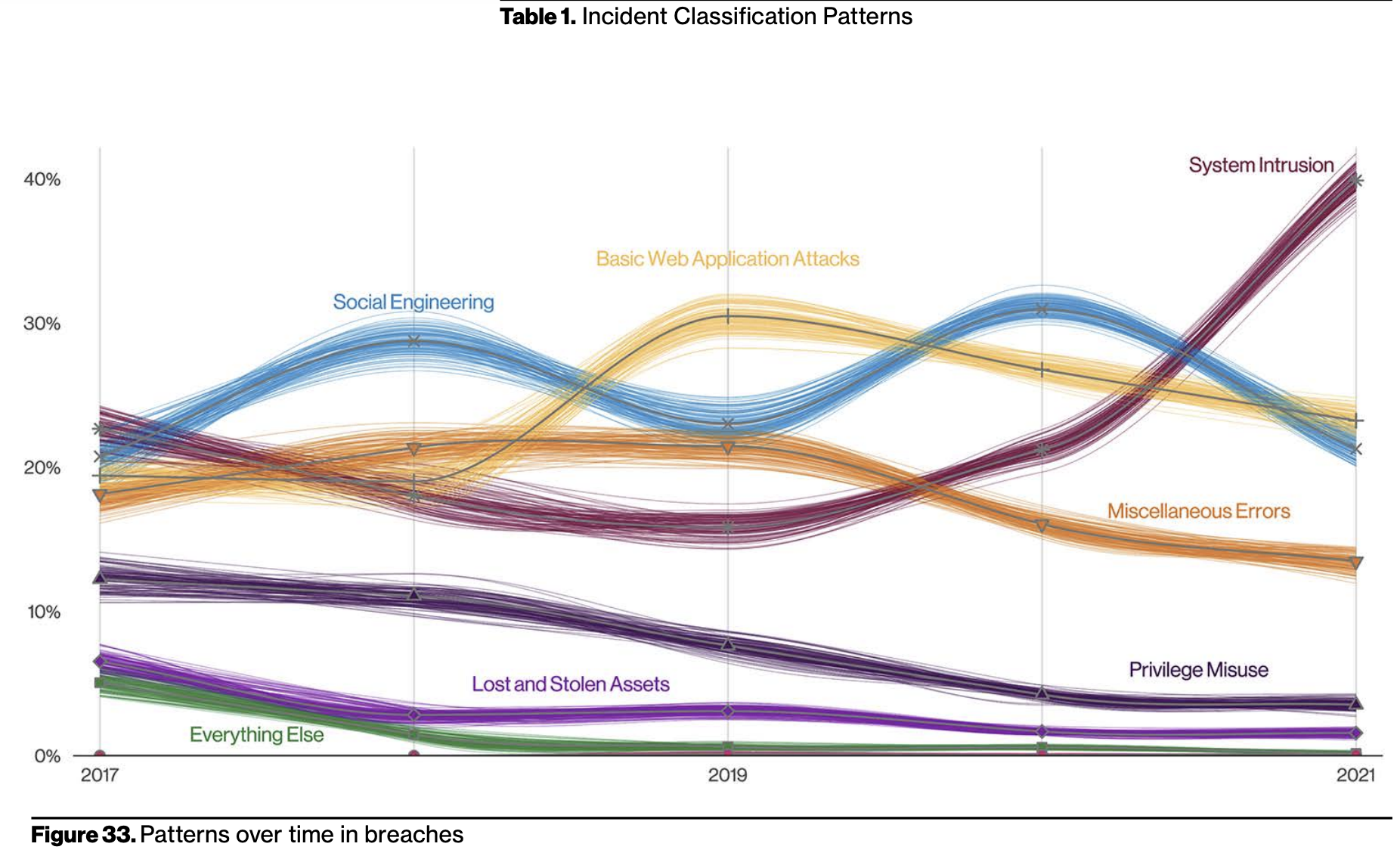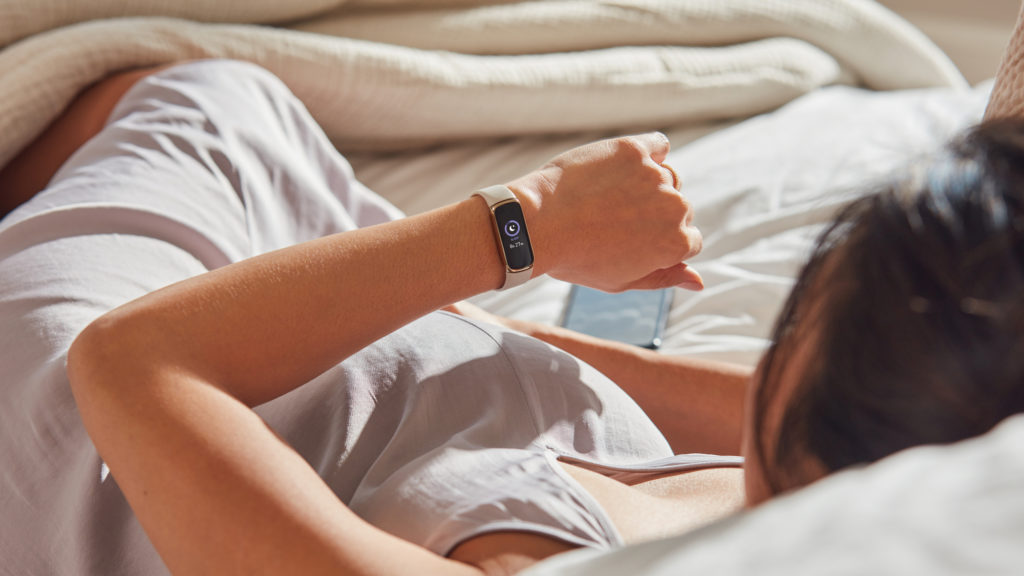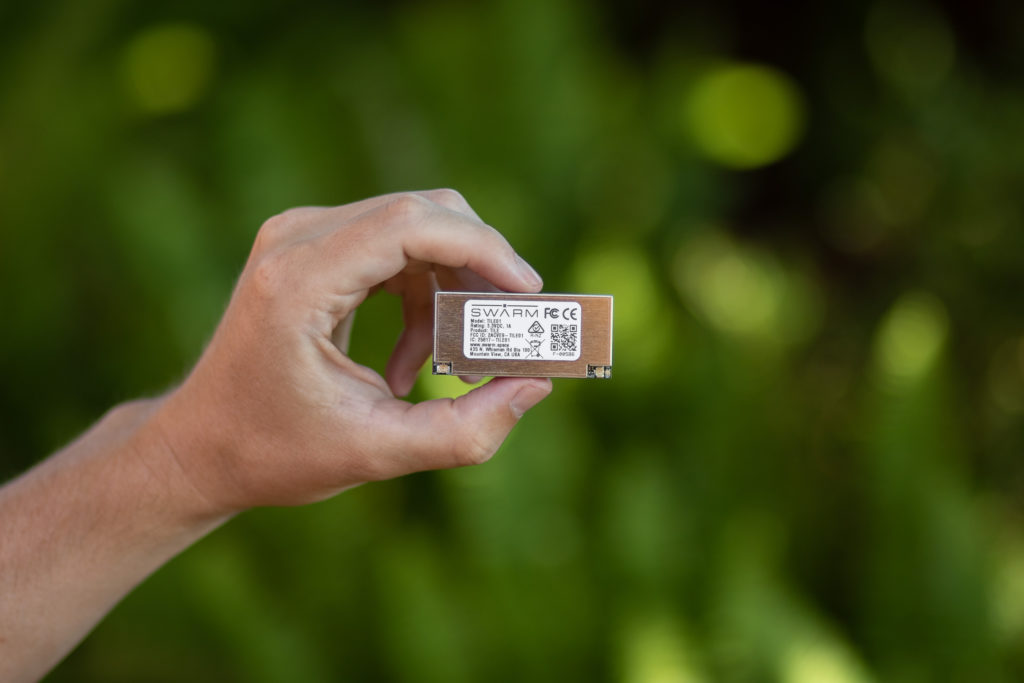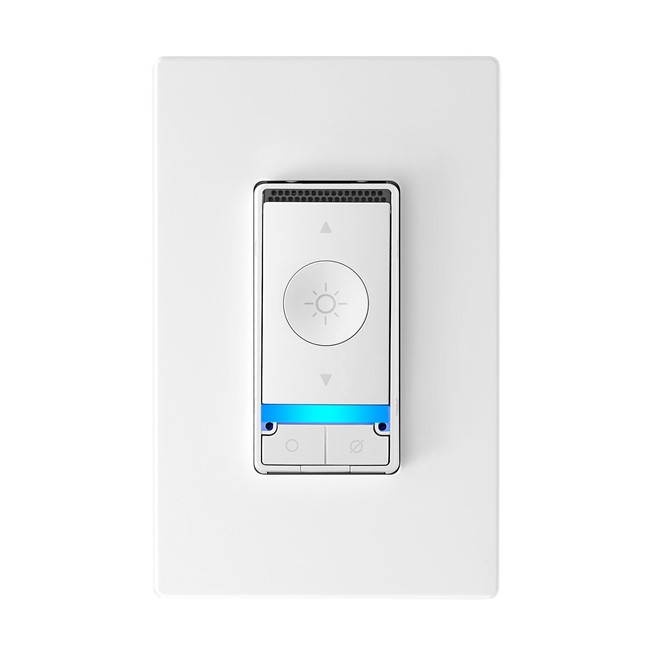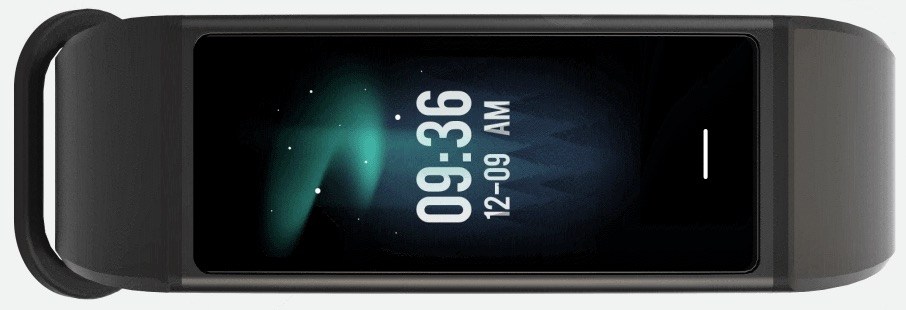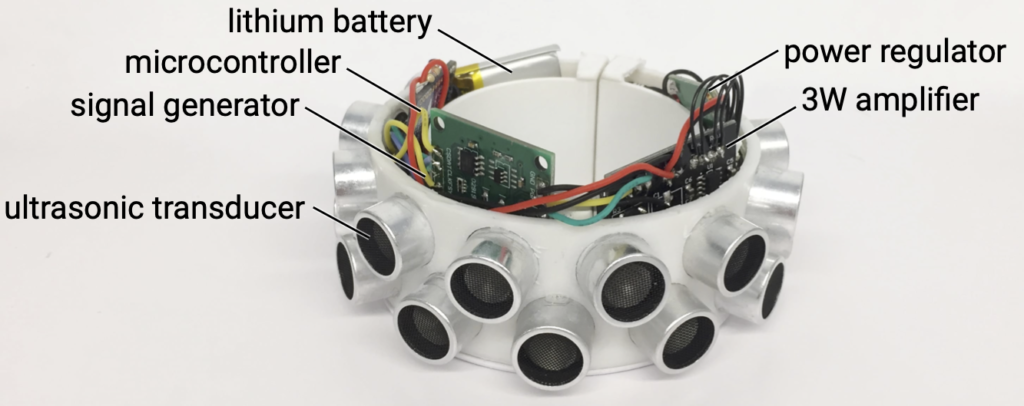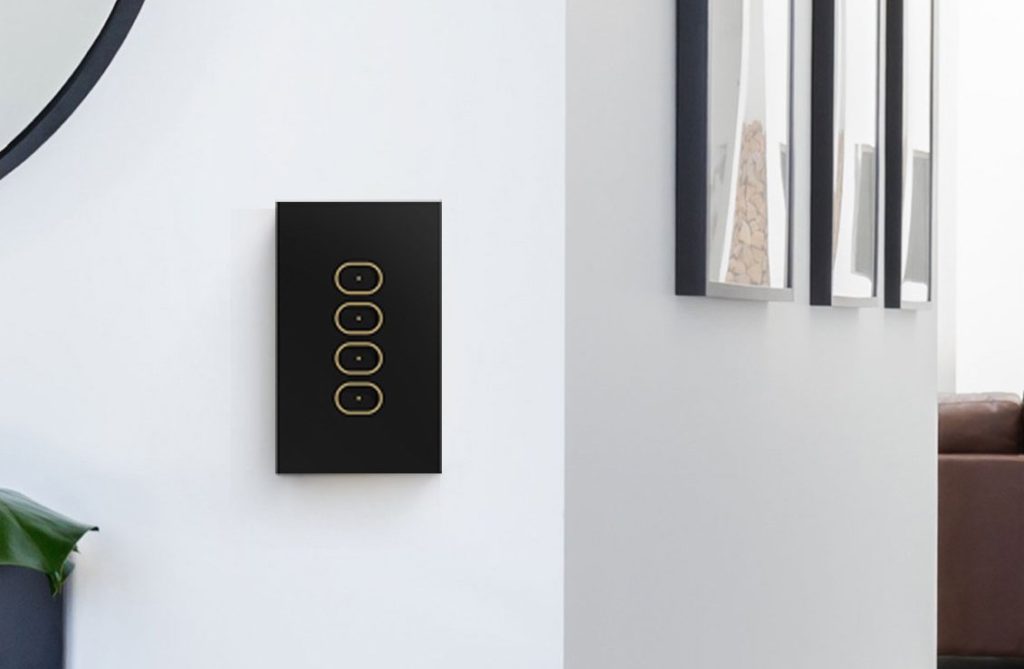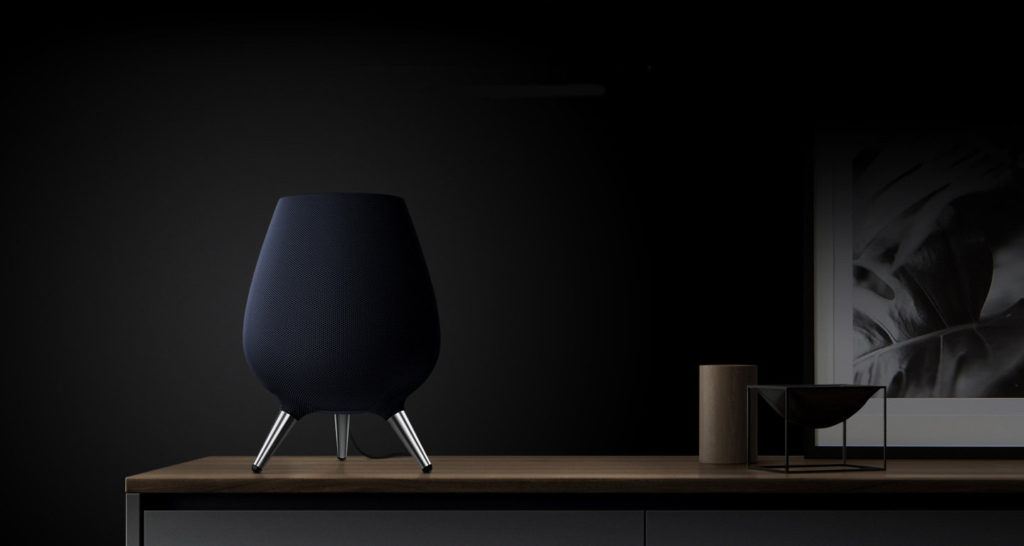We kick off the podcast with more conversation about the planned White House-led cybersecurity label for consumer IoT devices. Contrary to what I wrote last week, it seems that privacy won’t be as big of a focus, which is disappointing. Then we move into a bunch of updated product news, such as the launch of IKEA’s new Home Smart app and Dirigera hub. SmartThings has a Matter update, which I installed, and Google is updating its Home Assistant AI, adding older cameras to its Google Home App and its newer cameras to the web. We also share how to create routines on the new Google Home app using devices and offer some troubleshooting possibilities. In other device news, Ecobee is said to be preparing a video doorbell, which is confusing to us. There’s also a new crypto-affiliated LoRaWAN miner on the block. We then talk about Level locks and Home Key, and the end of one of my favorite devices of all time. Finally, we take a listener question about how Matter will handle security.
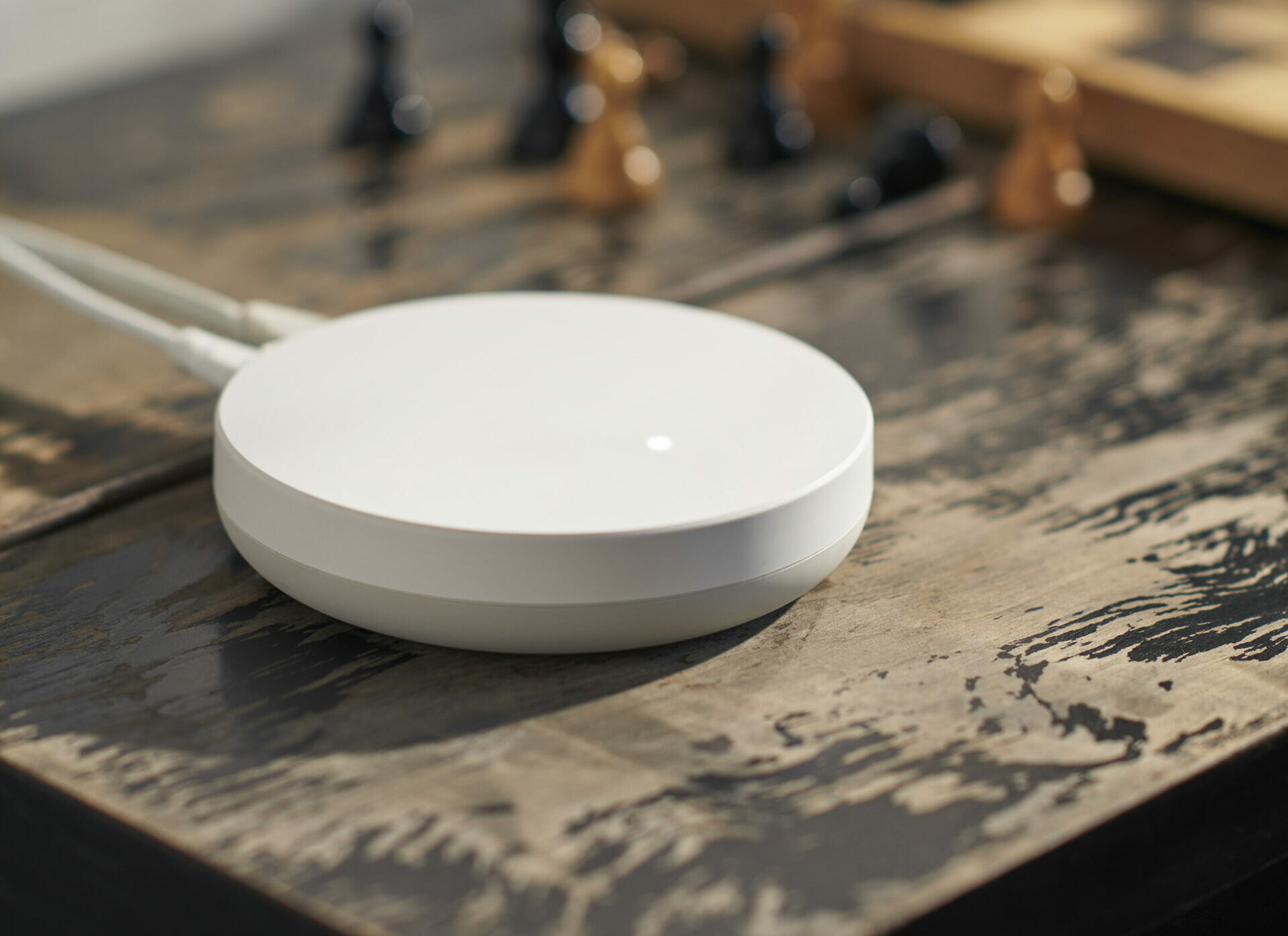
Our guest this week is Mike Nelson, VP of IoT security at DigiCert, who joins me to discuss what Matter will require from a security standpoint. We talked about it for a story two weeks back, but in the show we also discuss what the next iteration of Matter security might include as the specification matures with later versions. The current version of security with Matter is one of several progressive steps the industry has taken toward boosting security of connected devices, but regulators are also getting involved. So I ask Nelson his thoughts on the White House plans for a cybersecurity label for consumer IoT devices. He isn’t sure a detailed label makes much sense but talks about what he’d like to see for consumer IoT, and for other industries such as healthcare. It’s an important conversation.
Hosts: Stacey Higginbotham and Kevin Tofel
Guest: Mike Nelson, VP IoT security at DigiCert
Sponsors: Arm and Silicon Labs
- What we think a cybersecurity label needs
- Everyone is preparing for Matter
- Why is Ecobee adding a video doorbell?
- Here’s what we may see in future Matter security requirements
- Why a nutrition-style cybersecurity label for IoT won’t work
Podcast: Play in new window | Download | Embed
Subscribe: RSS

